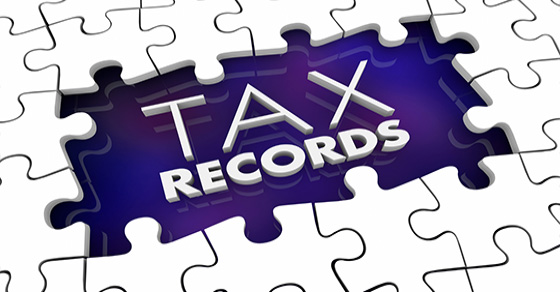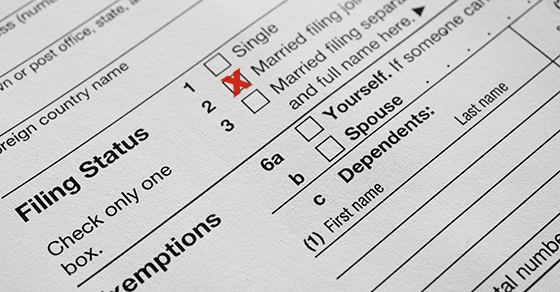
October 15 is the deadline for individual taxpayers who extended their 2019 tax returns. (The original April 15 filing deadline was extended this year to July 15 due to the COVID-19 pandemic.) If you’re finally done filing last year’s return, you might wonder: Which tax records can you toss once you’re done? Now is a good time to go through old tax records and see what you can discard.









